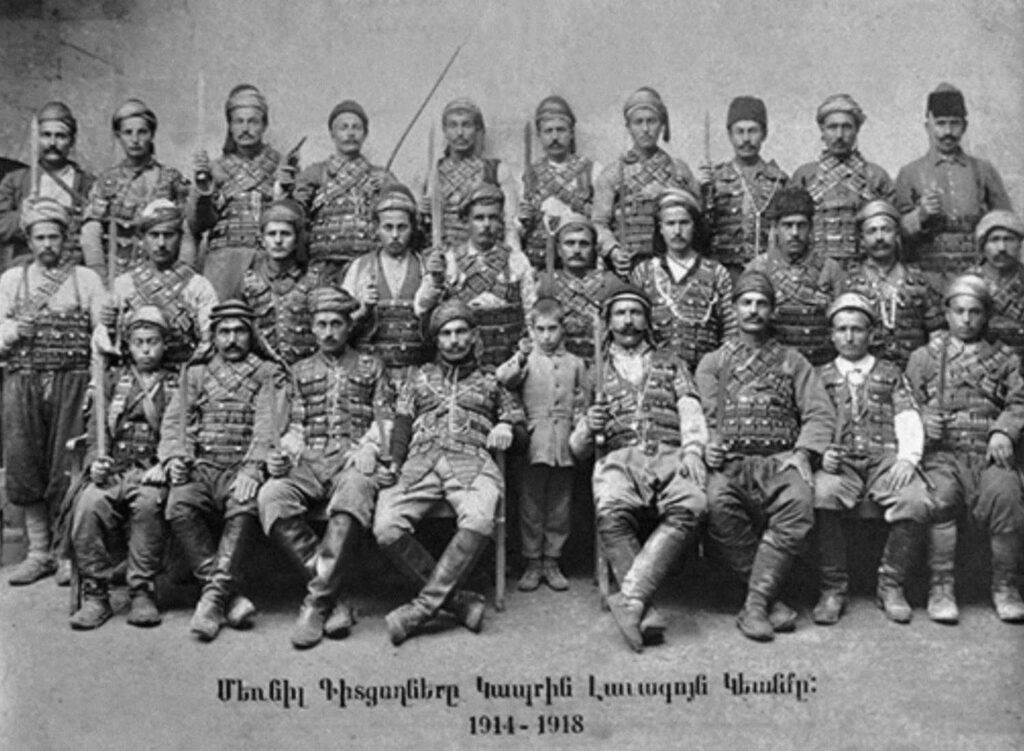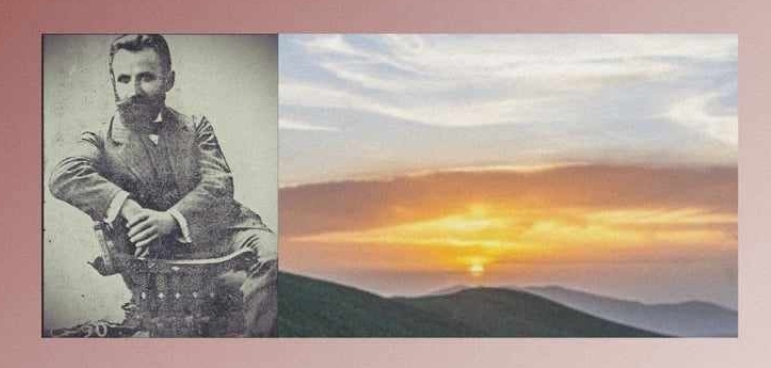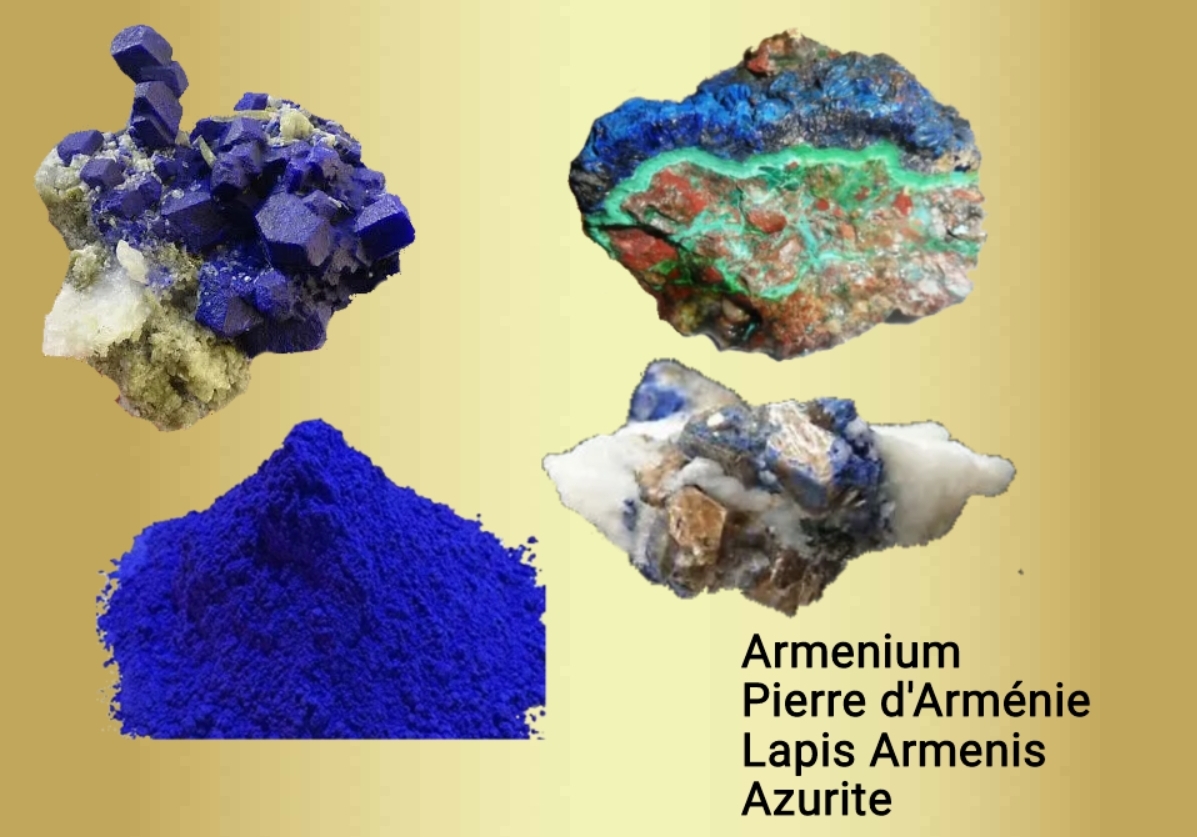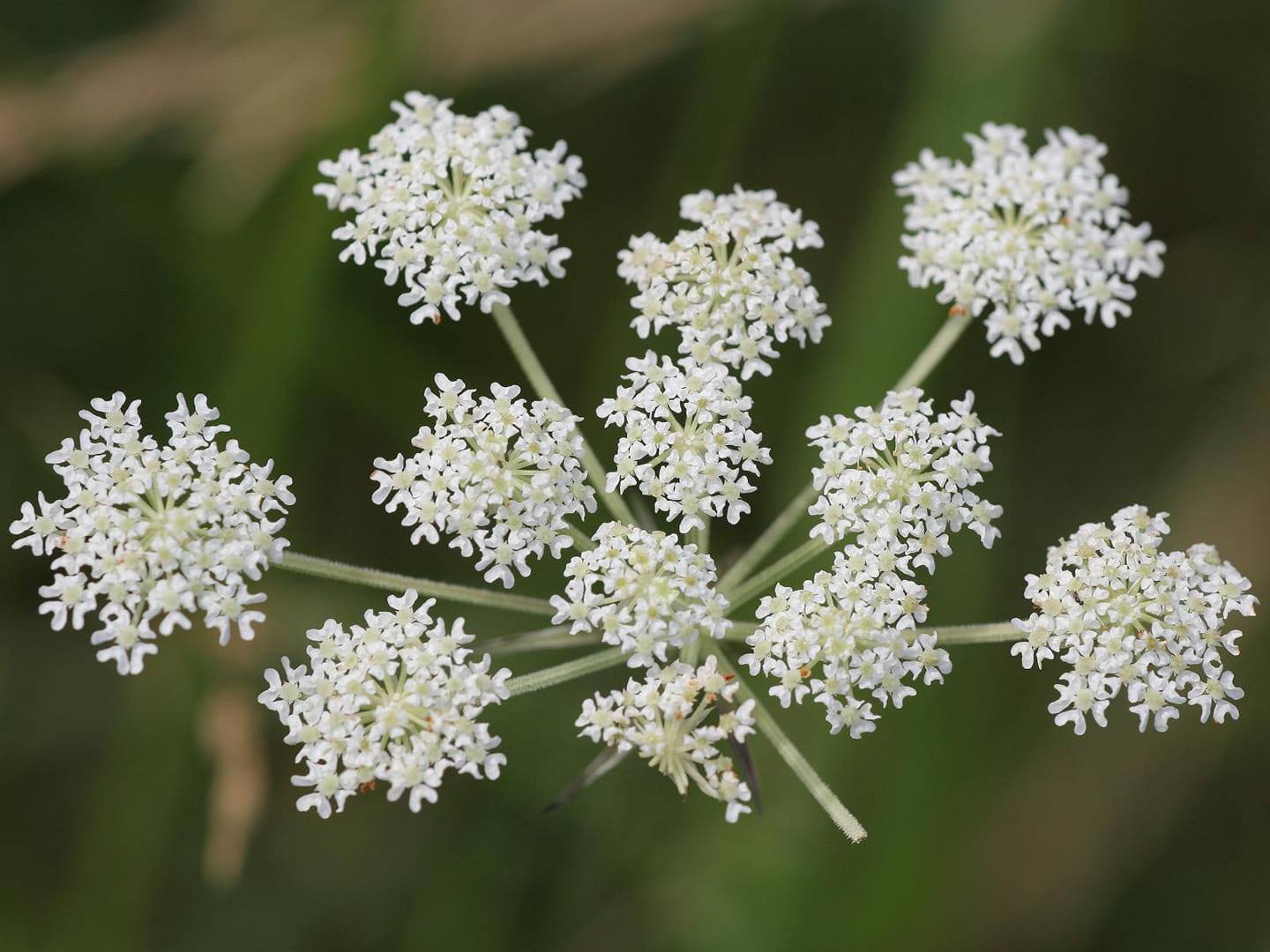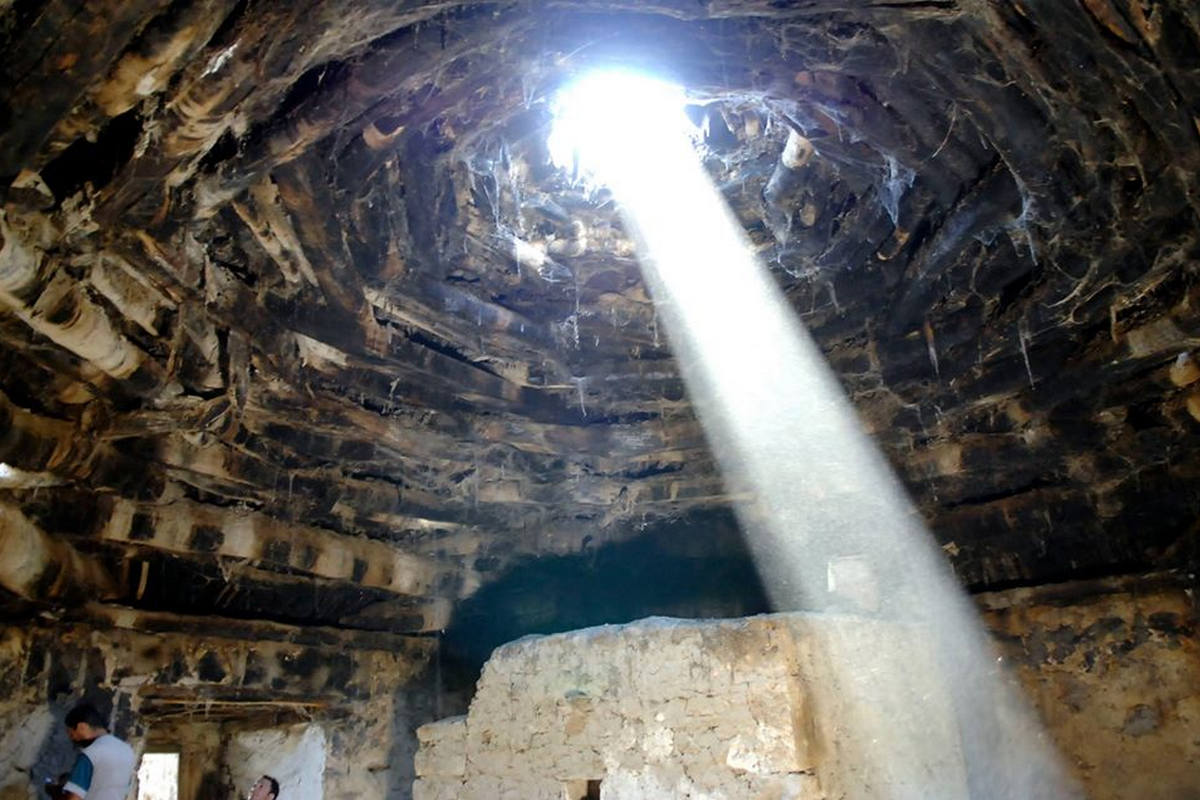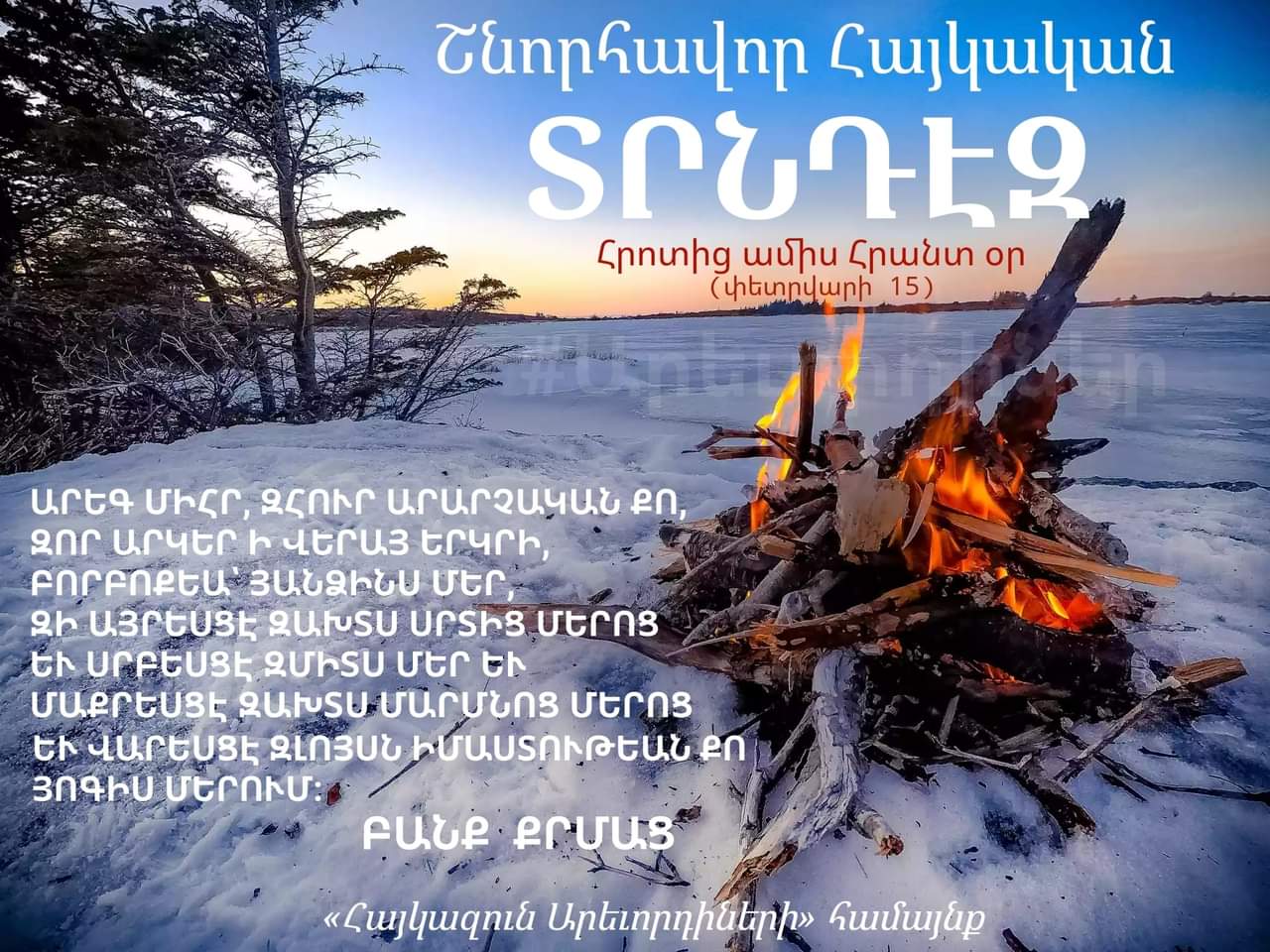THE VOLUNTEER
“To all our elite, who fell for the land of Armenia…”
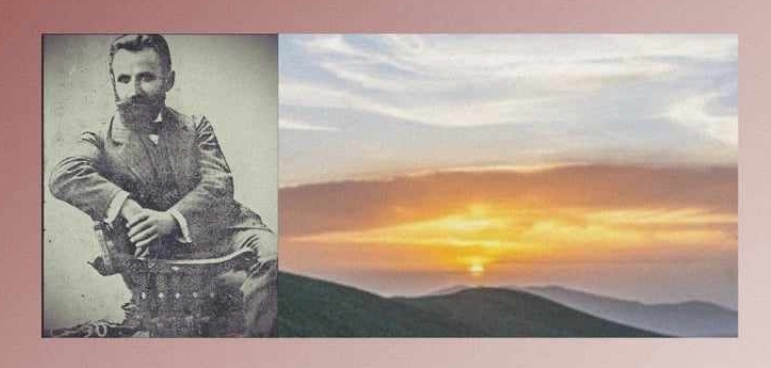
During the First World War, thousands of Armenian volunteers from various parts of the world came together to bravely fight on all fronts. Many publications dedicated to their heroism remain unfamiliar to the wider public.
On February 12, 1919, a joint Memorandum of Armenian demands, signed by Avetis Aharonian and Boghos Nubar, was presented at the Paris Peace Conference. The document emphasized the role of the Armenian nation as a “belligerent party,” arguing for the re-establishment of an independent Armenian state. It delineated its territory, including the seven vilayets of Western Armenia (with Trabzon considered as it was the only significant outlet of the entirety of Greater Armenia to the Black Sea), uniting with the Republic of Armenia and Cilicia.
“Armenia has earned its right to independence through its direct and voluntary participation in the war on three fronts—Caucasus, Syria, and France,” the memorandum stated.
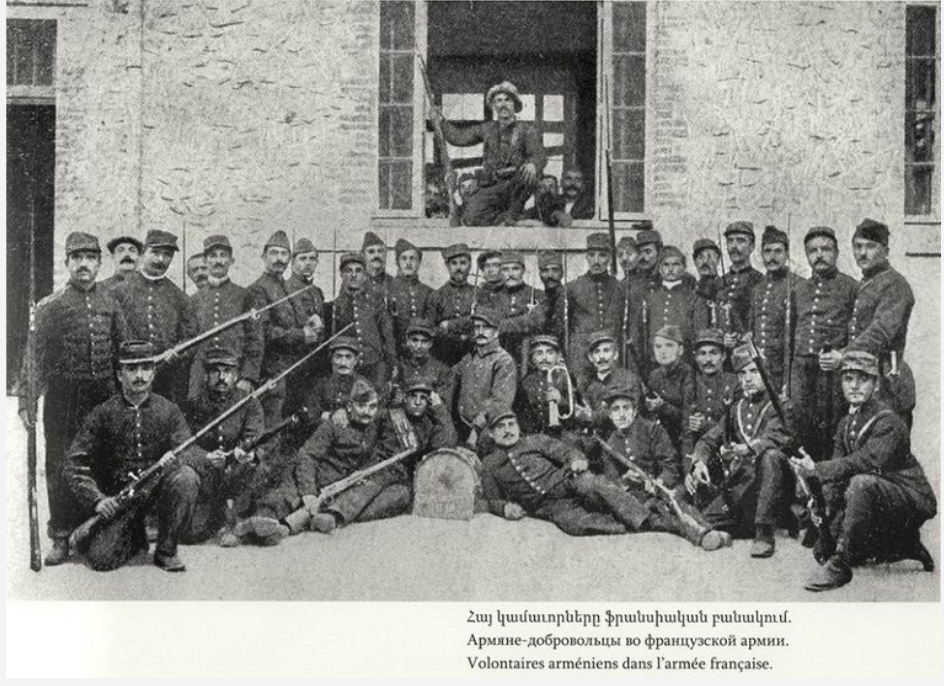
“The Volunteer” (Avetis Aharonian)
Dedicated to all our chosen ones who fell for the Armenian world…
1.
Who is the volunteer?
He is not merely a soldier; he is more than a soldier.
He is the iron will, clenching his powerful jaws against the curse of life.
He is neither born, nor does he die.
He is eternal—like suffering, and undying—like the flame erupting from the fiery forge of reason.
Prometheus was the first volunteer.
He, who pitied the miserable human race stumbling in darkness and cold, dared to face the wrath of the cruel gods and stole the heavenly fire to bless the soul of the world with light and warmth.
And later, bound to the rock by the gods’ fury, he offered his liver to the eagles to tear apart, without a single sigh.
The volunteer does not groan, for his will is the relentless effort of self-destruction—boundless and indestructible.
Do not defile the motherland’s soil with oppression.
Woe to you if her pain rises with her sweat from the depths and clouds the just rays of the sun.
Why has the tall plowman suddenly halted, thoughtful and brooding?
He gazes afar at the endless fields, and the wind lashes his gloomy brow.
The folksong has silenced; the yoked ox snorts in the furrow.
For whom is the plowing done?
Why has the blonde shepherd, lying along the green path, suddenly trembled and sat up?
Forgetting his flock, his dreamy gaze searches through the mist on the mountain slope.
He listens, his ear to the sound. Whom does he await?
Yesterday, three lambs were missing from his flock.
The calf is bellowing.
A lone traveler passes through the sad, dark valleys.
He opens his soul to the winds, like a flower bud at dawn, and gently speaks to his horse:
“Calm, my soul, soften your hoofbeats, the gorge is treacherous.”
In the midst of the meek and obedient silence of the bent-backed masses, a mysterious bell always rings with a harmonious and powerful rhythm.
The traveler, the shepherd, the plowman, and the sun listen closely.
Do not defile the motherland’s soil with oppression.
Woe to you, for in her womb, the pains of motherhood are already writhing.
It is the storm’s alarm.
Souls have drunk fire.
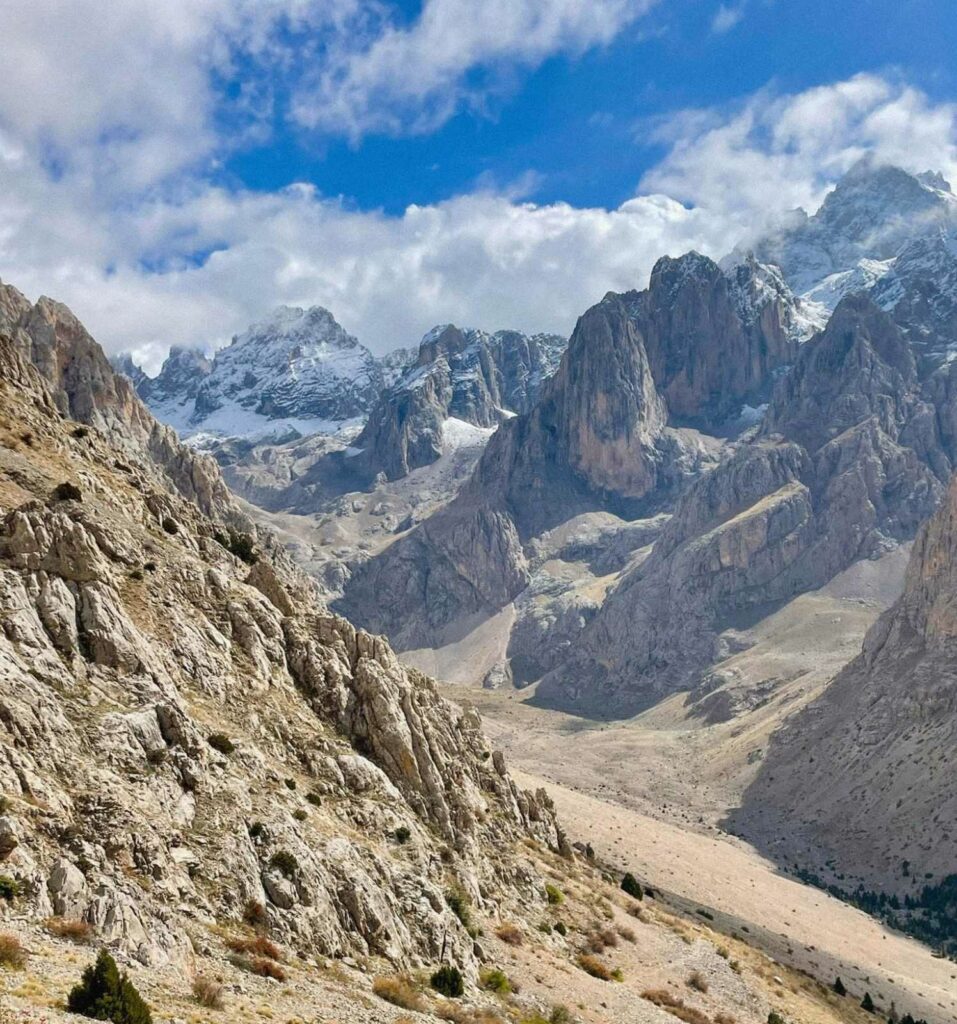
In the silence, a bell chimes, and beneath the distant cottage, the churn hanging from the ceiling moves back and forth. The old mother weeps softly.
She had a dream last night.
Who is threatening her sweet child?
Her tears drip onto the churn, falling drop by drop.
An eagle circles above the plowman’s head.
The shepherd raises his fist to the sky.
The lonely traveler searches the treacherous gorge.
Cry, mother, ah, your tears are for the world.
The lambs are gone, and in the fields, the calf cries, bereft.
The churn moves back and forth, and in the distant cottage, a mother weeps.
She had a bad dream last night.
The world-conquering army, the gray mass of humanity trained under the cold whip of law, is the curse of history.
The volunteer is the conscience of nations.
It is he who casts the veil of mythic fire over the savagery of battle, spreads love over the wounded fields, and embodies the spirit of the homeland’s mountains.
Standing against oppression, sword in hand, like an angel, he wrests the secret of death to hurl it into the storm of the ages.
He is the only master of freedom’s forge, and his craft is unique—to shatter chains beneath the victorious blows of his hammer, all chains.
He forges the life of a thousand generations by sacrificing his own to the all-encompassing, sovereign flame of the universe.
The volunteer is the conscience of nations.
The only just war is the one fought for the homeland and, more broadly, for human freedom.
All the great revolutions of nations are the work of volunteers.
All the grand legends, by which humanity is sustained and lifted toward its ideals, are crafted by volunteers. Like the spring flood that erodes mountains, they carve deep furrows in the pages of history.
Garibaldi and his thousand men are an eternal song, a gust of storm that will echo through the centuries, each time tyranny and evil weigh heavily upon the world.
Prometheus stole fire from the heavens…
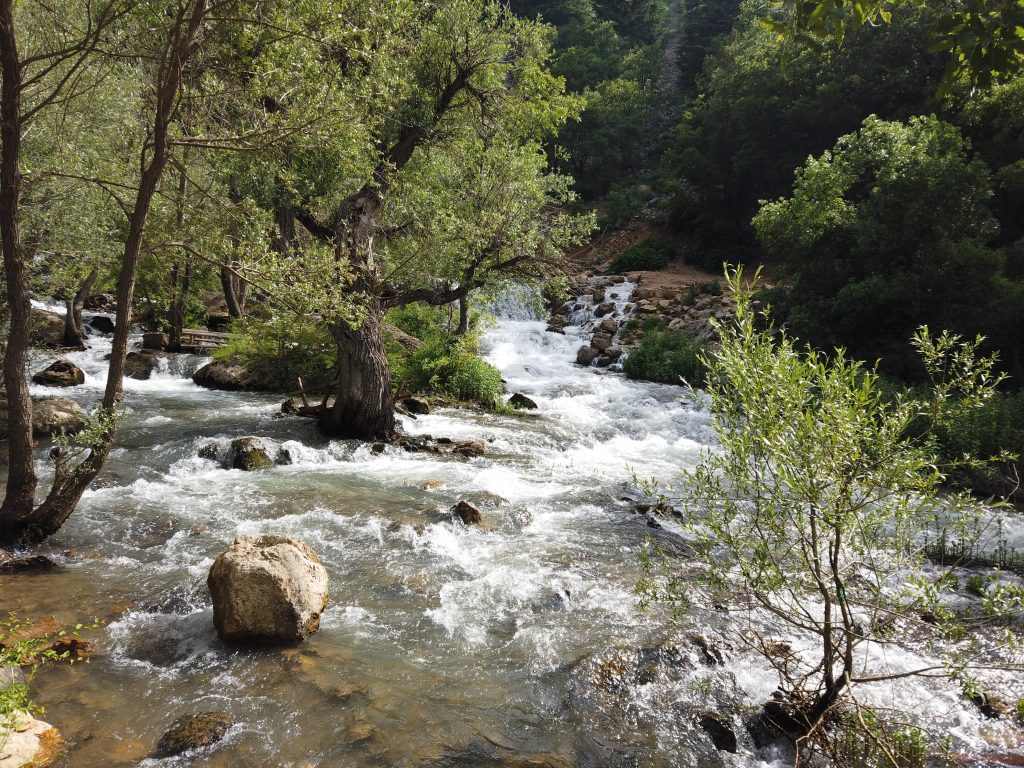
2.
It was nearly forty years ago when I saw him—the first Armenian volunteer. He was a dark-skinned young man, with a strong physique, eyebrows like black clouds, and eyes burning like embers.
He came, opened my door, said “hello,” rested for one night like a bird searching for a nest, and at dawn, without a word, he set out toward the dark Bardoghian mountains, just as quietly as he had arrived.
Volunteers do not like to talk.
They are always silent, like the pale Nemesis.
He left and never returned.
Volunteers never return.
If they do come back, they will leave again, and again… until they fall beneath a stone…
And so the dark-skinned young man left.
It was Goloshean…
He fell in the gorge of Chukhur.
And after?
… After, the tormented conscience of a suffering nation thickened and erupted like a storm.
A mysterious bell tolled over the oppression reigning beyond the mountains—terrifying yet captivating.
And for thirty years, from this side of the border and beyond, our wounded land and our sweat gave birth to giants from its just depths—muscular, brave young men who marched one after another against the dragon entrenched in our mountains.
The sorrow-filled lullaby of our mothers stirred the souls of their sons.
The cradle’s weeping became the most powerful song of war.
The sobs heard from swaddling clothes under the oppressive hand of tyranny are the very anvil on which the volunteer’s armor is forged.
Thousands followed in the footsteps of these titans, they went, and never returned.
Beneath which stone, in which gorge, are they now dreaming the dream of the homeland?
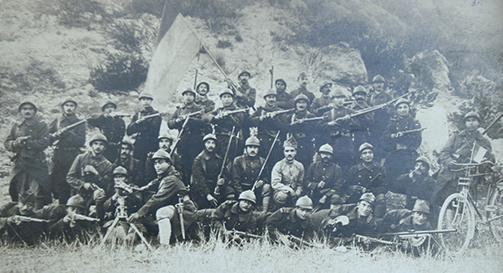
And the courage of rebellion, accumulated for thirty years, rose like a dragon in the gorges of Gharakilisa, in the fields of Sardarabad, and in the battles of Arara, roaring in defiance:
“You shall not pass! Here, our spirit is a fortress of granite.”
What an assault, what bravery… In Gharakilisa, four thousand of the elite broke the arrogance of the Turkish hordes with their sacrifice.
And in Sardarabad, where thousands of years stared from the ripples of the Araxes, the Armenian volunteer brought the ancient enemy to its knees.
And in Arara, a handful of selfless Armenians astonished foreign and ungrateful nations.
Gharakilisa, Sardarabad, and Arara will remain as unbreakable monuments, where the wounded and forgotten Armenian people once again imprinted their ancient military valor on the great book of universal history.
The old mother has long since died. She dreams no more.
The empty churn moves back and forth, breathing with the winds.
The young widow, in a rage of mad grief, let her veil be torn to shreds by the winds, wiped her tears, and laid her soul upon her fertile womb, where her child trembles within.
The mighty oak forest has been devastated by a destructive storm, but the new shoots are rising towards the sun.
And from one end of Armenia to the other, in all the mountains, in all the valleys, in all the villages—whether prosperous or ruined—lives the powerful legend, the endless tale of those who have passed and those who are coming…
Who can strip from our soul our golden Legend—our free Homeland!
